#playwriting
Explore tagged Tumblr posts
Text
How can I become a writer?
Write.
But I don't know where to start.
Write.
But I'm worried.
WRITE.
What if nobody likes it?
W R I T E
What if it's not very good?
Write. Write. WRITE. WRITE.
W
R
I
T
E
Write
Write. Write. Write. Write. Write. Write.
Write.
Write
Write
Write
Write
Write
Write
Write
Write
W R I T E
Write write write
Write
Write
#writer things#writer stuff#writing community#creative writing#writeblr#playwright#playwriting#screenplay#short story#writing#writers on tumblr#writers and poets#writing tools#writerscommunity#writing advice#writing asks
8K notes
·
View notes
Text
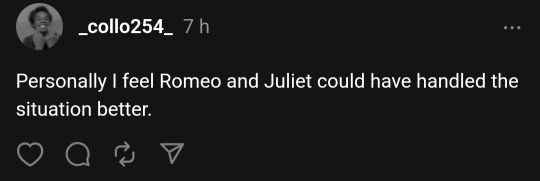
#romeo & juliet#romeo and juliet#romeo#juliet#shakespeare#english literature#literature#playwright#playwriting#drama#alternative#aesthetic#dark academia#dark academic aesthetic#dark aesthetic#aestheitcs#dark#art#light acadamia aesthetic#light academia#theatre#threads#instagram
5K notes
·
View notes
Text

How dare they
#authors#creative writing#writing#writers on tumblr#writerscommunity#character versus author#playwriting#playwright
594 notes
·
View notes
Text
How do we write characters authentically?
Hello, my dear writer! I assume we've all wondered at the beginning of our writing journey, "How do I find my own writing style? How do I stand out, and how do I make my characters sound authentic?" This post is dedicated precisely to the latter question. How do we write characters authentically?
Observe Different Personalities: Observe people of different age groups, from various cultural backgrounds, and with diverse life experiences. Pay attention to their language, gestures, and behaviors to develop a broad understanding of human diversity.
Take Time for Character Development: Invest time in developing your characters, including their background, motivations, goals, strengths, and weaknesses. The better you know your characters, the more authentically you can portray them.
Utilize Realistic Settings: Place your characters in realistic environments and situations that are recognizable to your readers. Describe the details of their surroundings, such as landscapes, buildings, clothing, and everyday items, to create a vibrant backdrop for your story.
Be Open to Change and Development: Allow your characters room for growth and change. People evolve over time based on their experiences and decisions. Permit your characters to learn from their mistakes, gain new insights, and undergo development.
Everyday SituationsAn additional tip is to place your character in various small situations, even if they are a fantasy figure. For instance, have your character order coffee. What happens if they encounter a ghost? What are their feelings about Christmas? Accompany them while shopping. How do they react when meeting their greatest hero? Describe everyday scenarios that aren't part of your official story but are meant for you to better understand your character.
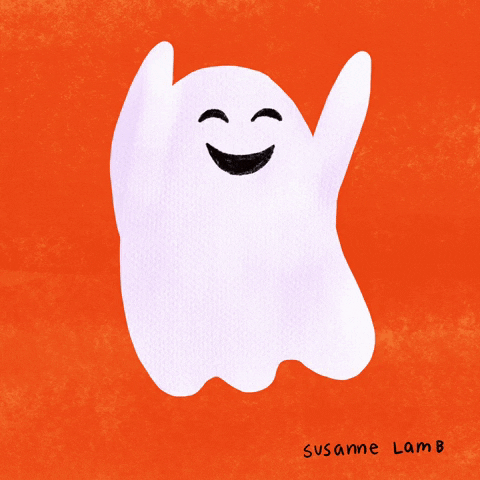
#writing#writeblr#writers on tumblr#writer stuff#creative writing#writers#writing advice#writblr#writers block#writing community#writing tips#words#screenwriting#playwriting#writingadvice#amwriting#scriptwriting#script#bookish#book blog#booklr#bookworm#books and reading
2K notes
·
View notes
Text
RIP Lady Macbeth you would’ve loved hydrogen peroxide
#get it#cause bloodstains#doesn’t matter#classic literature#classic#literature#dark acadamia aesthetic#dark acadamia quotes#dark academia#literature memes#macbeth#lady macbeth#shakespeare#hamlet#othello#william shakespeare#playwright#playwriting#i’m losing my mind
287 notes
·
View notes
Text
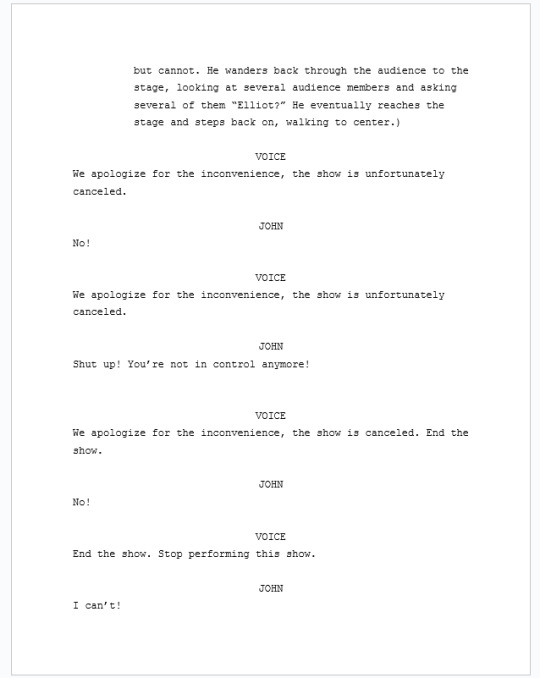
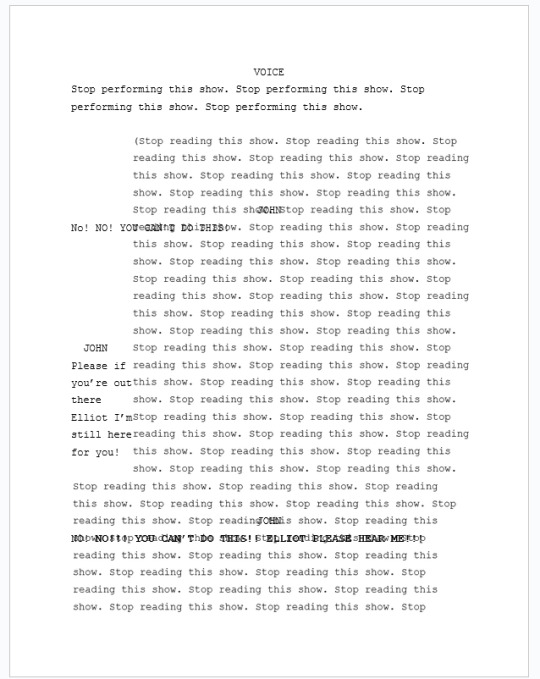
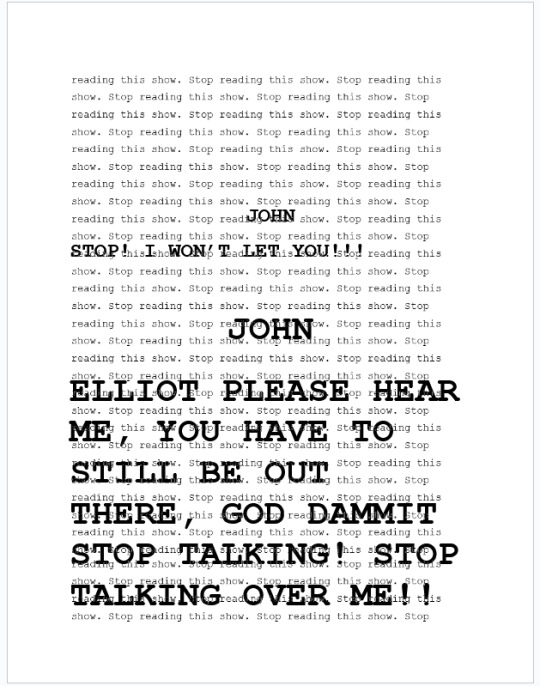
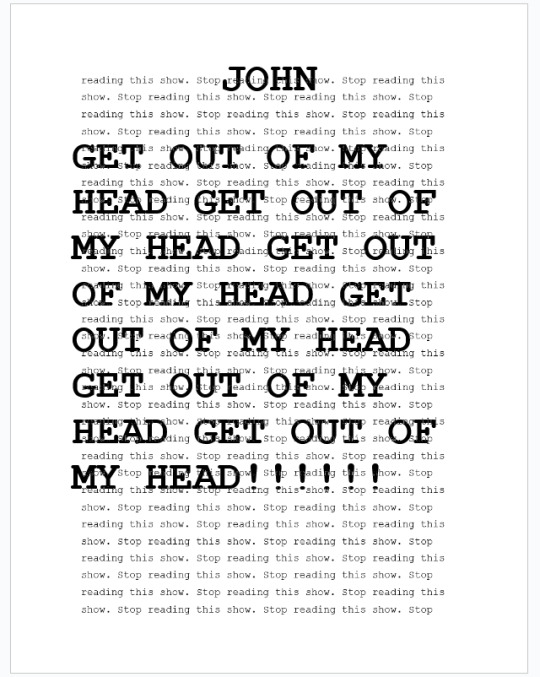
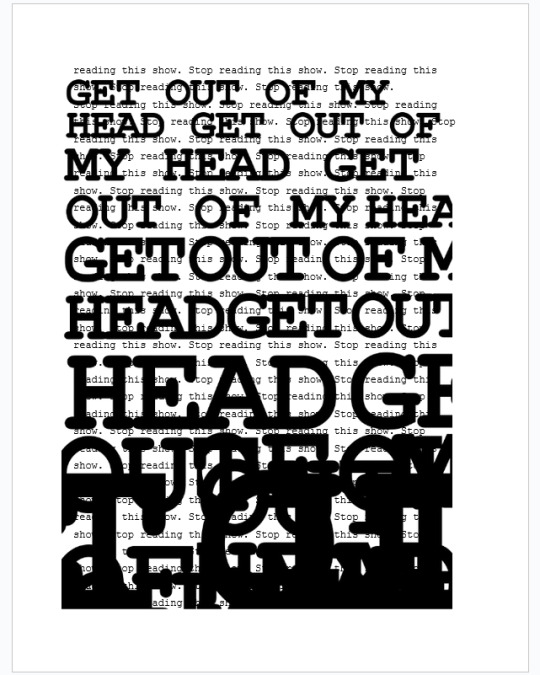
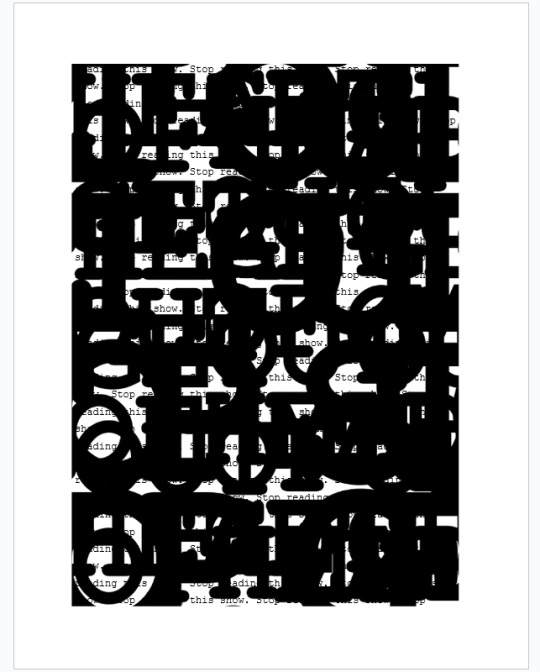
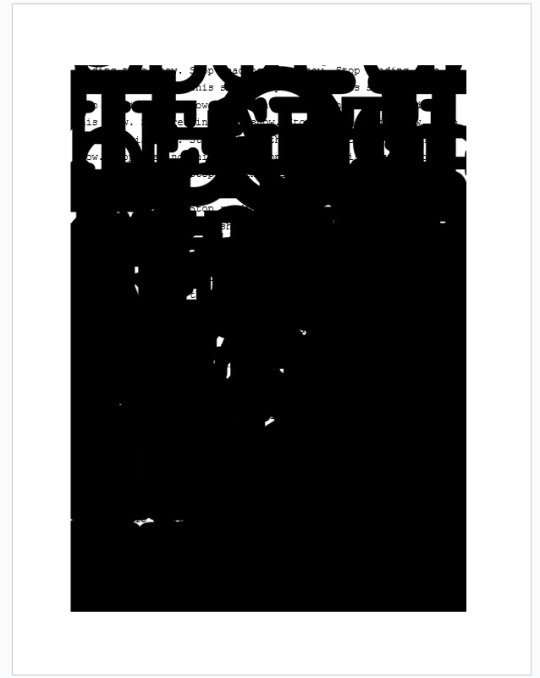

im doing normal and acceptable things in the world of playwriting. also im responding very well to reading "house of leaves" thanks very much why do you ask.
847 notes
·
View notes
Text
Playwriting

Playwriting - the art of crafting a dramatized narrative for a theater production.
Much like a screenwriter drafts screenplays for television and film, playwrights compose playscripts for characters to perform live on stage in front of an audience.
Whether the artist chooses to write a full-length play or a powerfully concise one-act piece, this type of dramatic writing affords a great degree of creative freedom.
How to Write a Play
Whether your goal is to take your creative writing skills to Broadway or put on a performance for friends and family, you can use the following steps to pen your masterpiece:
Determine your story. Brainstorm a few ideas that translate to the stage. Consider the message of your play, and invent a central conflict that underscores what you want to say. Everything in your narrative will happen live on stage, so keep production elements like space and special effects in mind. If you have a complex or surreal concept, think of a creative way to represent it physically. Read other plays by famous dramatists, such as Shakespeare, Henrik Ibsen, Samuel Beckett, David Mamet, Arthur Miller, and Tennessee Williams, to draw inspiration, set the pacing, or even help determine the scope of your own world.
Determine the main character. Stage plays are largely character-driven stories. Believable fictional characters are unique, relatable, and three-dimensional. A character’s motivations inform their actions and decisions, creating the narrative arc in the story. Identify the protagonist (the main character) and their goals, traits, and backstory. Craft a compelling antagonist to bring conflict to the main character or supporting characters. Avoid tropes or clichés when crafting your main characters, which can turn an audience off. Turn to classic archetypes to invent characters who will bring the best (and worst) out of one another.
Outline your idea. Begin outlining your play by separating it into acts. Common structures include the one-act play (which is very short), the three-act play, or the five-act play. Write down the beginning, middle, and end of your play, including major story beats and plot points surrounding your main conflict. Separate your plot points into their respective acts, following a pattern of rising action (leading up to the climax) and falling action (leading up to the resolution). Keep your act breaks compelling to maintain the audience’s interest. Include a subplot or two that helps to develop your characters.
Input stage directions. Consider stage movement when drafting your playscript. Include stage directions (such as entering and exiting the stage) and any physical actions necessary to the storyline or character development. Actors need the freedom to embody the character in their own way, so don’t get overly specific with movement description. Note important elements about set design, lighting, or props. Leave time between scenes for technical elements such as scene changes or costume changes. If your play is longer than one act, include an intermission so that your audience members have a break to stretch their legs and refresh their minds.
Write your acts. Once you break out your narrative arc, flesh out the body and action of the play. Write the play out of order if it helps with your creative flow. Some writers start writing the climax or end of the play before the first act to help them avoid overwriting and to ensure that the story stays on track. Each act should contain its own arc within the larger narrative, always highlighting the play’s theme and message. Break long scenes of dialogue up with action, tension, or surprise.
Use proper formatting. Like writing for the screen, scriptwriting for the stage follows specific formatting conventions. Format your play correctly to ensure it is easy to read and looks professional. Most playscripts center and capitalize the character names on the page; indent and italicize stage directions; and center act and scene headings in all capitals. When in doubt, use script-writing software, which will automatically format your playscript and remove any guesswork.
Reread and revise. After completing your first draft, read through the entire play from beginning to end. Jot down any notes for yourself in the margins, then reread the script with these insights in mind. Check for inconsistencies (such as continuity or timeline issues), plot holes, or weak character dialogue. Ensure that the characters’ actions and behaviors align with their motivation, and tweak as necessary.
Proofread and edit again. Using the notes from your draft, take a second pass at your script. Fine-tune the dialogue and the action. Commission family and friends to read the script and provide honest feedback.
Do a table read. Ask some willing participants to volunteer for a table read, which is an organized script reading in which actors and producers read out the dialogue, stage directions, and scene headings of your play. The table read will highlight elements of your play that you might need to tweak. Pay attention to each line of dialogue and how the action flows. Apply the learnings from the table read to the final draft of your script.
Source ⚜ More: References ⚜ Writing Resources PDFs
#playwriting#writeblr#literature#writers on tumblr#writing reference#dark academia#spilled ink#writing prompt#creative writing#writing notes#writing tips#writing advice#light academia#writing inspiration#writing ideas#writing resources
84 notes
·
View notes
Text

Joe Orton, January 1, 1933 – August 9, 1967.
92 notes
·
View notes
Text
“We are all in the gutter, but some of us are looking at the stars.”
- Oscar Wilde, Lady Windermere's Fan, 1892
#playwriting#poetry#poetic#playwright#poems#plays#literature#writers and poets#theater#oscar wilde#classic literature#quotations#literary quotes#quotes#book quote#beautiful quote#words#lit
63 notes
·
View notes
Text
The Power of Silence in A Story
Harold Pinter believed that what isn't said in a play can be more important than what is said. He thought that when characters face intense emotions or experiences, they often struggle to express them, or choose to stay silent. This creates mystery, tension, and deeper meaning. Pinter’s famous use of pauses and silences lets the audience read between the lines, making the unspoken just as powerful as the dialogue itself.
95 notes
·
View notes
Text
did anyone ask for a SUPER LONG writeblr/wip intro?
my name is Ro, I'm 23 years old, and I currently work full-time as an optician while I juggle approximately a dozen projects. please please PLEASE tag me in your projects, tag games, whatever. I love to look at things :)
here's a handful of my current projects. let me know if anyone wants to be on a gen/specific tag list!
THE LAST LORINEAN
epic fantasy, draft 3.2
A marathon of a project, spawning from an absentminded idea in 2011. While the central cast has undergone some face-lifts over the years, the bones have remained somewhat unchanged. There's probably a million drafts of this out there, but we'll call my current one the third big effort to get the story written.
Found family, magical road-trip, and laying the foundations for an interconnected multi-series exploration of the universe in which it's set.
Those born on the Aronian continent do not dream, long-cursed by the Witch Queen of the previous age. The dream-weaving Lorineans, who once provided a reprieve from the curse to the Aronian people, conspired against the kingdom and earned their eradication at the hands of the now-immortal Emperor. The empire now lives in dreamless peace, a united force of human, elven, and faerie kingdoms.
In the rural south of the Empire, Lilliana Karington has been living a quiet life. Unbeknownst to her, a Lorinean has been hitching a ride on her soul for her entire life—a secret that will send her on the run. She is joined by a fugitive by the name of Sadene from the faerie kingdom of Kyrania who carries secrets of her own, secrets that could topple the Kyranian monarchy and pantheon both.
With Imperial soldiers and Sadene's twin brother on their heels, Lilli must learn to trust the Lorinean she is bound to if she is ever to find a way to return to her peaceful life. But as she learns more about the secrets her Empire hides, the harder it will be to find peace ever again.
THE DAUGHTER OF DENMARK
historical fantasy, draft 3
a.k.a. I played Hamlet seven years ago and now it's everyone's problem. A novelization/reimagining of Hamlet through the lens of gender, queerness, and what a religious conflict means when there is concrete memory of Denmark's pre-Christian heritage. However, please don't expect historical accuracy from this project. It's about vibes.
Court intrigue, love quadrangles, repressed trauma, tragedy… y'know, the Shakespeare of it all.
Hamlet has known what her life was meant to be from the very moment she was born. Named a Ragnarson to ensure her claim to the Danish throne, she has been sheparded by her kind-hearted father and traditional German mother towards the title and burden of King.
When a hunting accident brings Hamlet near death, she is sent to her mother's old university for safety, far from the politics of Denmark. The things she saw in the world between life and death haunt Hamlet between her studies and blossoming friendships.
All too soon, Hamlet is called back to Denmark, where a dark shadow has robbed her of all she once knew. Through madness and memory, she must spiral to the end of a story that was written long ago.
PROJECT: ATLANTIS
epic sci-fantasy, outlining
Inspired by a Google+ roleplay group the two of us were members of in 2014-2019, a friend and I have been building a world and narrative that stretches years of cowriting. We are slowly finding a way to adapt our work into novelizations. One day, we'll even come up with a title!
Political intrigue, vast worldbuilding, and a web of characters spanning one end of the world to the other. Featuring a conlang and neography!
After fifteen years of tenuous peace in Atlantis, the question of succession has risen again. Faolan Althaea is of age to take her family's throne, but the banished descendants of Faolan Agallai have retained their influences in the dark, and they are ready to make another bid for the throne. Althaea is thrust headfirst into the boiling conflict, and she must learn fast which faces to trust.
On the other side of a once dormant portal, Faolan Illyrius is paying the price for rescinding his claim to the coveted throne. The godless, ransacked world of Aegina—known as Earth to its inhabitants, the aeg'oroi—is hiding knowledge that could turn the tides of the Faolan and Agallai conflict, and he is the one who must get his hands dirty to find it.
The Agallai loyalists have not been dormant since orchestrating the death of Althaea's parents. They have gathered supporters of a new generation, preying on the aeg'oroi that regent Priar Arsina, ruling in Althaea's stead for the last fifteen years, is so determined to alienate. As the succession crisis comes to a head, loyalist agents vie for control over the portal connecting Atlantis to the aeg'oroi homeland.
Something dark lurks in the shadows of Entropy connecting these two worlds. The gods have fallen silent, and their people are divided. Will Atlantis stand, or will sickness devour it all?
ON THE PRECIPICE OF THE UNIVERSE
narrative sci-fi poetry, final draft
Return of the king… because I am going to be self-publishing her! I am starting a fresh round of edits and will be looking for some beta readers soon. Mostly need a vibe check on the amount/length of poems and general format. Then comes cover design (will be commissioning a college friend), page design, and figuring out how the hell I'm gonna do this!
Sentient spaceships, loneliness, and the great unknown.
When the last war broke out on Earth's surface, the spaceships launched. No one expected the fires to reach high enough to knock the entire fleet out of the sky—save one, a sole survivor drifting onwards to a new planet.
Years later, only one of the ship's passengers remains alive, going through the motions of the day without fail. The last human alive cleans the vents and weeds the hydroponic gardens. And, they write, chronicling the little life they have left to live.
OEDIPUS REGINA
tragedy, draft one
Apparently, I am allergic to writing a play about anything but the ancient Greeks. Yet another gender reimagining! This came at the request of some college friends who acted in The Kassandriad and have done some readings of my other Greek plays. Still debating if I will be swapping the masculine and feminine for the names.
Cycles of fate, inherited trauma, and the inherent eroticism of riddles.
Oedipus, princess of Corinth, is a young woman when she hears the prophecy that she kill her mother and bed her father. She flees the home she has always known and finds herself in Thebes, a city living in the shadow of a sphynx and the absence of their queen. The childless, widower king takes an interest in her; an interest that sets in motion a cacophony of disasters for the Theban throne.
EAT HER HEART OUT
drama, draft one
Guess what. It's a reimagining of a Greek myth. Who is surprised. This one is taking a look at the Homeric Hymn to Demeter—and yes, I am aware of how many Persephone retellings there are in the world. Leave me alone. What if I'm built different (I'm not).
Motherhood, dependence/independence, and unreliable narrators.
We visit three worlds: of the gods, where Demeter searches for her daughter and Persephone toils in the Underworld; of the mortals, where Demeter hides among a mortal family during her endless winter; and of the Muses, who tell the story à la true crime podcast. The lines intertwine and an old story is made new (again).
#writeblr#writeblr intro#fiction writing#wip intro#fantasy#epic fantasy#narrative poetry#poetry#ancient greek#stage plays#playwriting#playwriteblr#?#rosey ramblings#writing community#long post
44 notes
·
View notes
Text

Peter Weiss (1916-1982) — Sketch for Theatre [gouache on paperboar, 1955]
66 notes
·
View notes
Text


Robert Sean Leonard as “Dan Wilson” in And the Air Didn’t Answer at Playwrights Horizon’s Young Playwrights Festival (1988)
This production was just a few weeks before RSL headed out to film Dead Poet’s Society!
(This find made me feel like a damn historian…)
#robert sean leonard#rsl#acting#actor#1988#playwright#playwriting#stage play#stage actor#house md#james wilson#dead poets society#neil perry#theatre#in the gloaming#long days journey into night#the invention of love#candida#arcadia#my best friend is a vampire#boys next door#swing kids#tape 2001
51 notes
·
View notes
Text
Transformers - Cotton-Eye Joe
Jazz: Where do I come from and where do I goes? Nobody knows 😎 Prowl: what? Ghost Jazz: How do I cotton eye my Joes. Prowl: [softly but with feeling] ...what???
---
Joke work shopped with my partner in crime and comedy, @krazycat6167
#humor#transformers jazz#tf jazz#jazz#tf prowl#transformers prowl#prowl#writing#scriptwriting#screenwriting#playwriting#script#comic script#fanfic writing#fanfic#Probably one of the shortest fanfics you will ever see#transformers#jokes#maccadam#macadam#maccadams
28 notes
·
View notes





